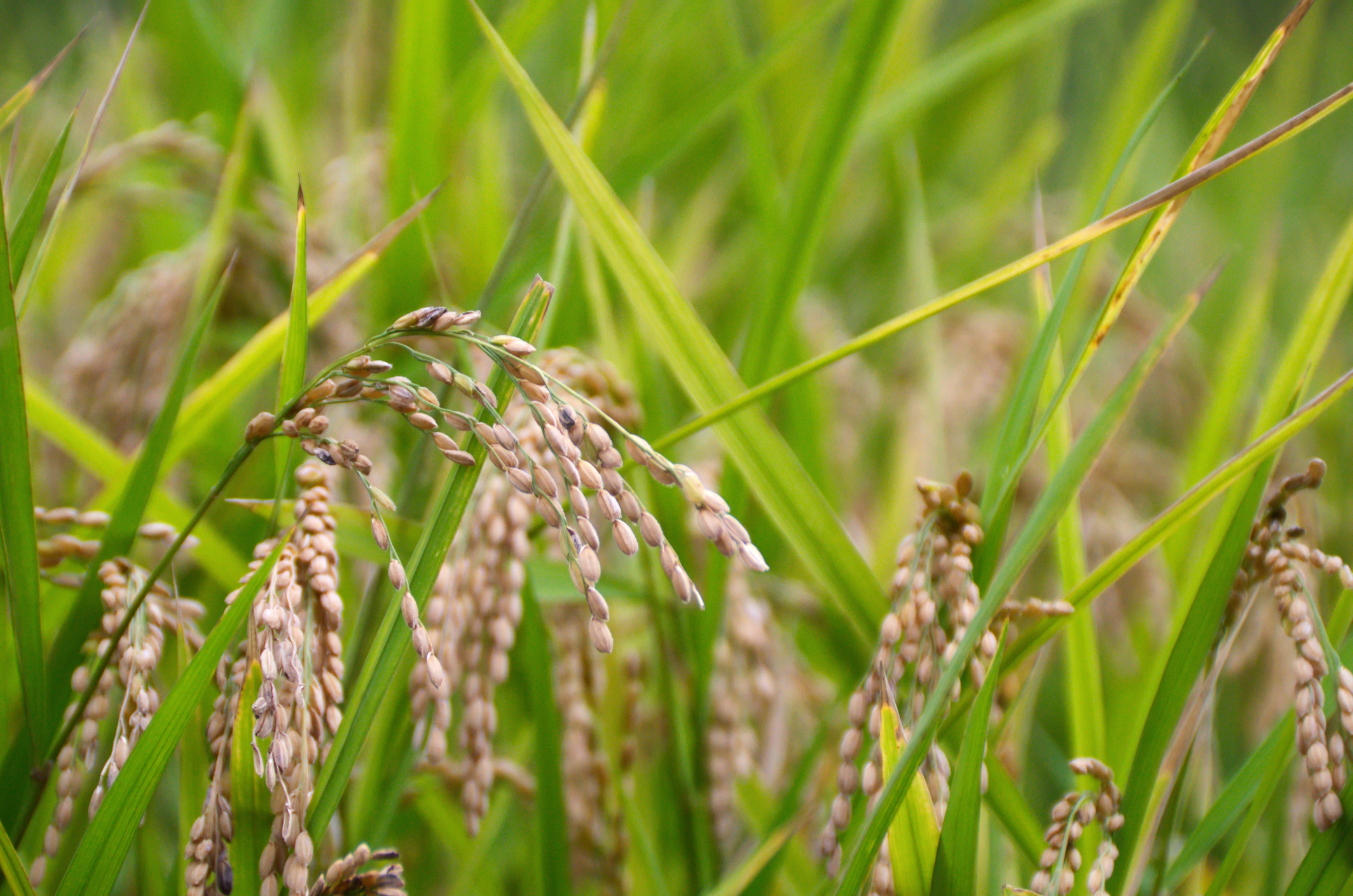QUT researchers will receive $628,447 in federal funding to investigate renewable feedstock, and to mitigate the impacts of bushfire smoke on wineries and vineyards.
Minister for Education and Youth Alan Tudge announced the Australian Research Council (ARC) Linkage Project grant funding, which provides support to projects investigating real-world solutions for a wide array of challenges.
Associate Professor Zhanying Zhang (QUT), Professor William Doherty (QUT), Professor Cheng Yan (QUT), Associate Professor Steven Pratt (UQ) and Mr Peter Smart (Upala Pty Ltd) will receive $366,516 to research the production of renewable biosilica fillers from rice husks for application in rubber composites.
"This project aims to address a significant problem in polymer composite synthesis by using rice husk to produce high performance bioderived hybrid silica fillers," said Associate Professor Zhang.
"Silica is an important industrial filler for producing rubber composites such as vehicle tyres. However, commercial silica fillers are produced from non-renewable feedstocks using chemical and energy intensive production processes."

Associate Professor Zhang will produce biosilica fillers from rice husks using a sustainable and innovative biorefinery approach.
"Rice production residues, such as rice husk and rice straw, are a rich source of silica," said Associate Professor Zhang.
"The production of renewable basilica fillers from rice husks for application in rubber composites such as vehicle tyres is not only more sustainable, it is also expected to improve fuel efficiency and tyre lifetime."
Professor Cheng Yan added that the research team will collaborate with an industry-partner to develop new and sustainable production processes.
"Our research team will work with Upala Pty Ltd – a company dedicated to developing commercially viable and environmentally sustainable agricultural technologies," said Professor Yan.
"If successful the project will lead to the development of a new advanced manufacturing industry, creating jobs in regional Australia. It will also generate new knowledge to support more sustainable feedstock production and application."
Professor Kirill Alexandrov (QUT), Professor Markus Herderich (AWRI), Dr Zhong Guo (QUT) and Dr Charlotte Williams (CSIRO) will receive $261,931 to investigate innovative ways of detecting 'smoke taint' – an unpleasant medicinal taste that renders wine undrinkable when grapes are contaminated by smoke from bushfires and controlled burns.
"The research team will apply a combination of organic synthesis, protein engineering and directed evolution to develop protein-based biosensors of phenolic glucosides. These biosensors will be used to devise a simple portable test that can be performed in the vineyard or the winery," Professor Alexandrov said.
The test will rapidly determine the level of grape contamination and will provide wine growers and wine makers with a powerful tool to mitigate the effects of smoke taint.
"The test will ameliorate a major problem affecting wine growers and wine makers by enabling them to make better informed harvesting and processing decisions, for example they may use the grapes to make spirits instead of wine," Professor Alexandrov said.
Dr Zhong Guo added that the project is a result of close collaboration between QUT and the university's research and industry partners.
"CSIRO and QUT teams with scientists from Australian Wine research Institute. This speaks to the strength and creativity of the CSIRO-QUT Synthetic Biology Alliance," Dr Guo said.
"We are very excited that the protein biosensor technology developed in our group will be used to address an important problem for the Australian wine industry."
Molecular Warehouse LTD – a company that commercialises artificial allosteric protein biosensors for diagnostic and analytic use – will collaborate with the research team.
The two research teams are members of the QUT Centre for Agriculture and Bioeconomy.






